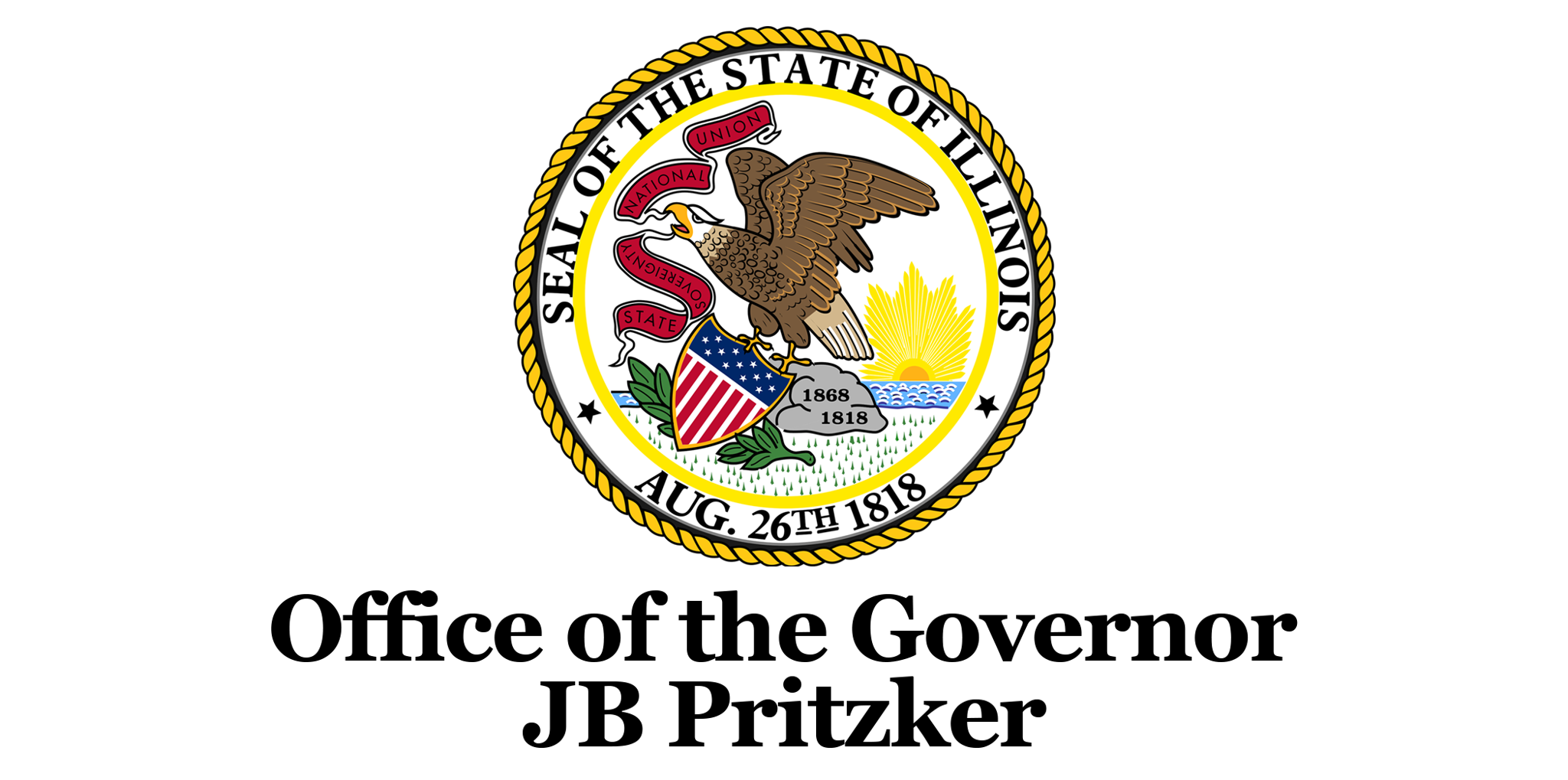Gov. Pritzker Presses Congress to Protect Food and Nutrition Program for Working Families
Congressional Republicans Consider Cutting SNAP Benefits for 427,000 Illinoisans
June 25, 2025

CHICAGO — Yesterday, Governor JB Pritzker joined 23 governors from across the country to send a letter urging Congressional leaders to protect the Supplemental Nutrition Assistance Program (SNAP), a critical safety net that an estimated 427,000 Illinoisans are at risk to lose.
“SNAP is a lifeline for working families in Illinois and across the nation that helps to put food on the tables of hundreds of thousands of Illinoisians,” said Governor JB Pritzker. “As Republicans in Congress are pushing to slash this vital program while protecting tax breaks for the wealthy, I join my fellow governors in urging Congress to reject any proposal that would undermine this vital program and harm the health and stability of millions of Americans.”
The letter also warns that the proposals in Congress could dramatically restructure SNAP, including shifting a significant amount of the food benefit costs to states—an unprecedented move in the program’s 50-year history. For Illinois, that shift could mean taking on more than $1.2 billion in additional costs annually, placing a massive strain on Illinois’ budget and threatening funding for other essential services like education and healthcare.
In May, Gov. Pritzker visited Kumler Outreach Ministries’ food pantry, which serves Springfield and the surrounding area. He witnessed firsthand the critical need for food assistance and the lifeline they provide for working families and their communities. While food banks and pantries provide essential access to food assistance, our emergency food system works in conjunction with far-reaching programs like SNAP to address hunger - for every meal that food banks and pantries provide nationwide, SNAP provides 9.
"It's nearly impossible to overstate the crucial role SNAP plays in the lives of Illinoisans who most need help accessing nutrition,” said Dulce M. Quintero, Secretary of the Illinois Department of Human Services. “This is a proven program with long-term success. We are deeply concerned about proposals to reduce benefits for those most in need, including children, seniors, and working families."
“The proposed cuts to SNAP by Congress would dismantle one of the most successful anti-hunger programs in history,” said Rob Karr, President & CEO, Illinois Retail Merchants Association. “States have no ability to absorb the cost-shifts Congress is proposing and are unable to adequately plan for this added financial burden. The result will be the most vulnerable of Illinoisans will experience hunger. On behalf of Illinois grocers of all types and sizes throughout the state, who have many customers relying upon SNAP, we strongly encourage Congress to reconsider this short-sighted proposal.”
“Food is a basic human need, and SNAP is our nation’s most effective anti-hunger tool,” said Kate Maehr, Executive Director of the Greater Chicago Food Depository and Co-Chair of the Illinois Commission to End Hunger. “Cutting federal SNAP funding and eligibility while shifting costs to states would be devastating for American families, for the health of communities, and for local economies. The charitable food system is already struggling to keep up with the need. Food pantries and food banks will be overwhelmed with additional demand for years to come.”
"Northern Illinois Food Bank opposes these SNAP cuts, which would dramatically increase demand on our charitable food system that is currently stretched thin,” said Julie Yurko, President and CEO, Northern Illinois Food Bank. “We are seeing unprecedented demand and experiencing our highest level of food insecurity in over a decade. Additional cuts would have a tremendous effect on our most vulnerable populations and our network of feeding programs that support them."
The proposed cuts would also have a negative effect on the Illinois and nationwide economy as SNAP serves as an economic engine. According to a U.S. Department of Agriculture report from 2019, it is estimated that in a weak economy, $1 in SNAP benefits generates $1.50 in economic activity, supporting grocers, farmers, manufacturers, and logistics workers. In many rural and underserved communities, SNAP spending keeps local grocery stores open and jobs intact.
With the high cost of groceries, any rollback of federal SNAP funding would be felt immediately by families across Illinois. Of the households receiving benefits:
- 45% have children,
- 37% have older adults, and
- 44% have a person with a disability.
Gov. Pritzker remains committed to combatting food insecurity across Illinois. In 2021, the Governor’s Office through its role as the co-chair of the The Illinois Commission to End Hunger, helped launch the Roadmap to End Hunger, a statewide plan driven by a public-private partnership dedicated to the belief that no one in Illinois should face hunger. Building on that foundation in 2023, he launched the Illinois Grocery Initiative which combats food deserts across the state. Earlier in May, Gov. Pritzker announced the latest round of grant recipients, set to benefit local governments and independent grocery stores in rural and underserved areas of the state.
###